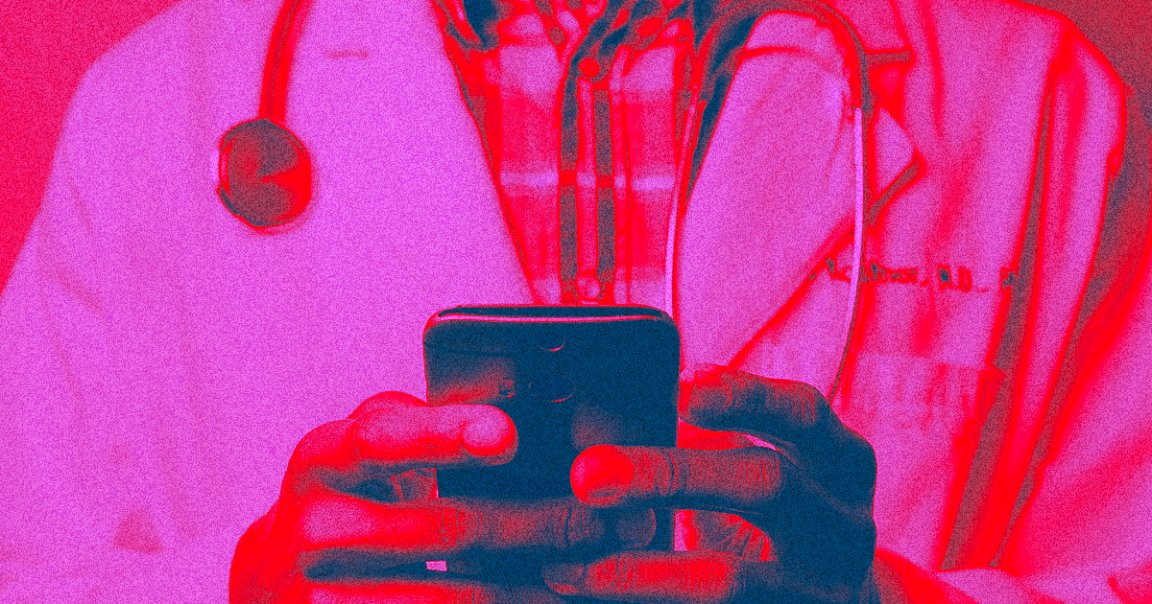
Now that new medical sensors and gadgets can reliably monitor a patient’s health — in real time and theoretically from anywhere in the world — healthcare providers are left navigating a new kind of medicine where machines might handle so many parts of the job that they don’t even need to show up in person.
Primary care physician Neil Singh of Brighton and Sussex Medical School grapples with this changing landscape of medicine in a new, thoughtful Wired essay about how for better or worse — but most likely both — some traditions in medicine might die off as remote sensing technology gets more powerful.
Part of the story talks about how these sensors are starting to demonstrate the potential to save countless lives: Through real-time biometric analysis, they might be able to flag a patient’s deteriorating condition hours before a doctor or nurse happens to run another round of bloodwork. Singh opens the essay by mourning a patient who took a turn for the worse and died in the hospital, wondering whether more sensors and gadgets might have granted more time to act and potentially save his life.
But if the professionals don’t need to fuss over patients on a regular basis, what happens to the value of bedside manner or the mere possibility of building up trust between practitioner and patient?
“Remote patient monitoring technologies also have another potential: to uncouple patients from their health workers, allowing theoretically limitless distance between the two,” Singh wrote.
Overall, the essay is a fascinating introspection into what role doctors might play in a future where new technology takes over parts of their job and potentially takes them out of the room altogether — and what that means for all of our healthcare.